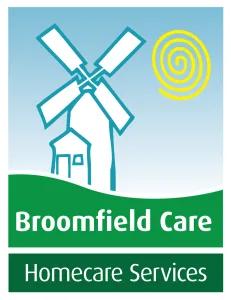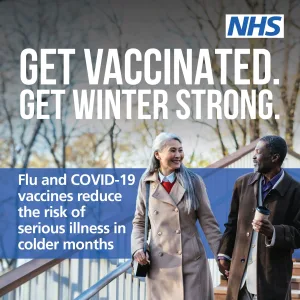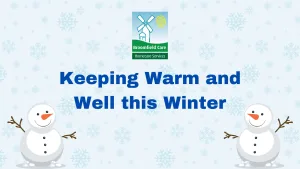In winter, cold weather and spending more time indoors mean illnesses spread more easily. Read our guide to the most common illnesses spread during winter, and the best ways to treat symptoms.
Common Cold
A cold is a common mild viral infection– symptoms include a blocked or runny nose, a sore throat and a headache.
There’s no cure for a cold, but symptoms can be helped with:
- Rest
- Drinking plenty of fluids
- Eating healthily
- Pain relief, such as paracetamol or ibuprofen
- Using decongestant sprays or tablets to relieve a blocked nose
Cough
A cough is a reflex action to clear the airways of irritants and phlegm. A dry cough causes a tickly sensation in the throat and doesn’t produce any mucus, whereas a chesty cough means phlegm is produced to clear the airways.
To help symptoms:
- Rest
- Drink plenty of fluids
- Pain relief. i.e. paracetamol or ibuprofen
COVID-19
COVID-19 is another respiratory illness- it affects your lungs and airways, and is spread very easily.
Symptoms include:
- Cold-like symptoms
- Fever or chills
- Shortness of breath
- Body aches and tiredness
- Loss of appetite
- Change in sense of taste or smell
It is still recommended that if you think you have covid, or have tested positive, that you stay home and avoid contact with other people if you have any of the listed symptoms.
If you have tested positive, it is recommended that you try to stay home, and avoid contact with other people for 5 days after you took your test.
Flu
Flu is a viral infection that affected the respiratory system, and can lead to serious illness. It is especially common in winter.
Symptoms include:
- Sudden high temperature
- Tiredness and weakness
- a Headache
- a dry cough
- a sore throat
- diarrhoea or tummy pain
- feeling sick and being sick
To help symptoms:
- Rest and get plenty of sleep
- Keep warm
- Drink lots of water
- Take pain relief to lower your temperature/treat any aches or pains
Hypothermia
Hypothermia refers to a dangerous drop in body temperature below 35 degrees. It’s a medical emergency that must be treated in hospital- if you come across someone, with the following symptoms, you MUST call 999.
Symptoms include:
- Shivering
- Pale, cold, dry skin
- Lips may turn blue or grey
- Slurred speech
- Slow breathing
Treatment while waiting for help includes:
- Keep them warm by wrapping them in a blanket and covering their head
- Give them a warm drink, and some sugary food if fully aware
- Stay with them
Gastroenteritis
This is usually caused by a bacterial or viral stomach bug. In adults, gastroenteritis is usually caused by the norovirus, which is also known as the ‘winter vomiting bug’.
Symptoms include:
- Diarrhoea
- Vomiting
- High Temperature
- Headache
- Stomach pain
- Body aches and pains
To help symptoms:
- Drink lots of fluids
- Rest
- Eat when you feel able to
Pneumonia
Pneumonia refers to inflammation of the lungs, usually caused by an infection. You can catch pneumonia from someone who has it, or you can sometimes get it if you already have another infection, such as flu, or COVID-19.
Symptoms can start suddenly or gradually over a few days- they include:
- a cough – you may cough up yellow or green mucus (phlegm)
- shortness of breath
- a high temperature
- chest pain
- an aching body
- feeling very tired
- loss of appetite
- making wheezing noises when you breathe – babies may also make grunting noises
- feeling confused – this is common in older people
To treat symptoms:
- Rest
- Drink plenty of fluids
- Take pain relief medication
- Pneumonia can also be treated with antibiotics- most people get better in 2 to 4 weeks with medication.
Bronchitis
Bronchitis occurs when the airways in the lungs become inflamed- this is usually caused by a bacterial or viral infection.
Symptoms:
- Cold or flu-like symptoms
- Chest pain when coughing
- Shortness of breath
- Sore throat
It usually clears up without treatment in around 3 weeks. Antibiotics may be needed if the condition was caused by a bacterial infection.
How to Stop the Spread of Common Winter Illnesses
- Hand Hygiene – regularly washing hands
- Ventilation – opening windows
- Cleaning – disinfect high touch areas
- Respiratory hygiene – cough and sneeze into the crook of your elbow, not your hands
- Dispose of tissues correctly and immediately
- Isolate yourself if you can – stay away from others until no longer contagious
- Vaccination – get vaccinated





